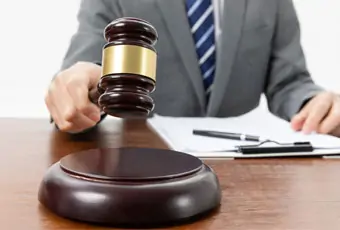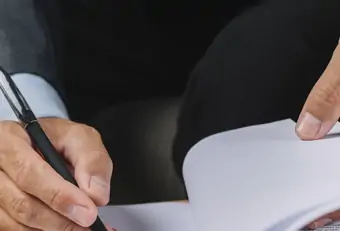South Carolina Motor Vehicle Negligence Attorney
South Carolina Motor Vehicle Negligence Lawyer
A party who suffers personal injury in South Carolina or property damage involving the negligence of another person while operating a motor vehicle may sue for compensation. A successful claim for damages arising from an incident involving a motor vehicle generally is similar to any other type of negligence claim, in which negligence refers to something that a person has done that a reasonable person would not have done, or has failed to do something that a reasonable person would have done in the same situation.
To recover for injuries caused by another motorist’s negligence, the plaintiff must establish each of the following: “A plaintiff must prove the following three elements: (1) a duty of care owed by defendant to plaintiff; (2) breach of that duty by a negligent act or omission; and (3) damage proximately resulting from the breach of duty.” Bloom v. Ravoira, 529 S.E.2d 710, 339 S.C. 417 (2000).
Driver’s Duty of Care
The operator of a motor vehicle is required to use the same care that a person of ordinary reason and prudence would use if that person were driving the same vehicle, at the same time and place, and under the same circumstances. Johnson v. Horry County Solid Waste Auth., 389 S.C. 528, 698 S.E.2d 835 (Ct. App. 2010).
Specific Duties
A driver also has specific duties, including a duty to keep proper lookout for other vehicles, objects, or persons on the road. Thomasko v. Poole, 561 S.E.2d 597, 349 S.C. 7 (2002). Further, a driver has a duty to keep the vehicle under control, such as the ability to slow down, stop, or turn the automobile to avoid colliding with other vehicles, pedestrians, and objects lawfully on the road. Yaun v. Baldridge, 134 S.E.2d 248, 243 S.C. 414 (1964).
Breach of Duty of Care
A defendant is liable for negligence when s/he breaches the duty owed to the plaintiff. A defendant breaches such a duty by failing to exercise reasonable care in fulfilling that duty.
Negligence per se
Violation of a traffic law is considered negligence per se. In this case, the only consideration is whether the defendant’s failure to follow this statutory rule proximately caused the plaintiff’s injury. Austin v. SPECIALTY TRANSP. SERVICES, 594 S.E.2d 867, 358 S.C. 298 (Ct. App. 2004).
Proximate Cause
Proximate cause is something that produces a natural chain of events, which, in the end, causes the injury. Establishing proximate causation involves two elements:
1. Causation in Fact: The injury would not have occurred if the defendant was not negligent.
2. Legal Causation: The injury was foreseeable, or was a natural and probable consequence of the defendant’s negligence.
Damages
A motorist’s breach of the duty of ordinary care must result in harm. These damages must be the result of the defendant’s breach of duty and must be proximately caused by that breach of duty.
Compensable damages fall into the following categories:
- medical expenses
- loss of earnings
- pain and suffering
- scars or disfigurement
- loss of a body part
- loss of use of a body part
- permanent injury
- loss of property
- damage to property
- loss of consortium
- wrongful death






